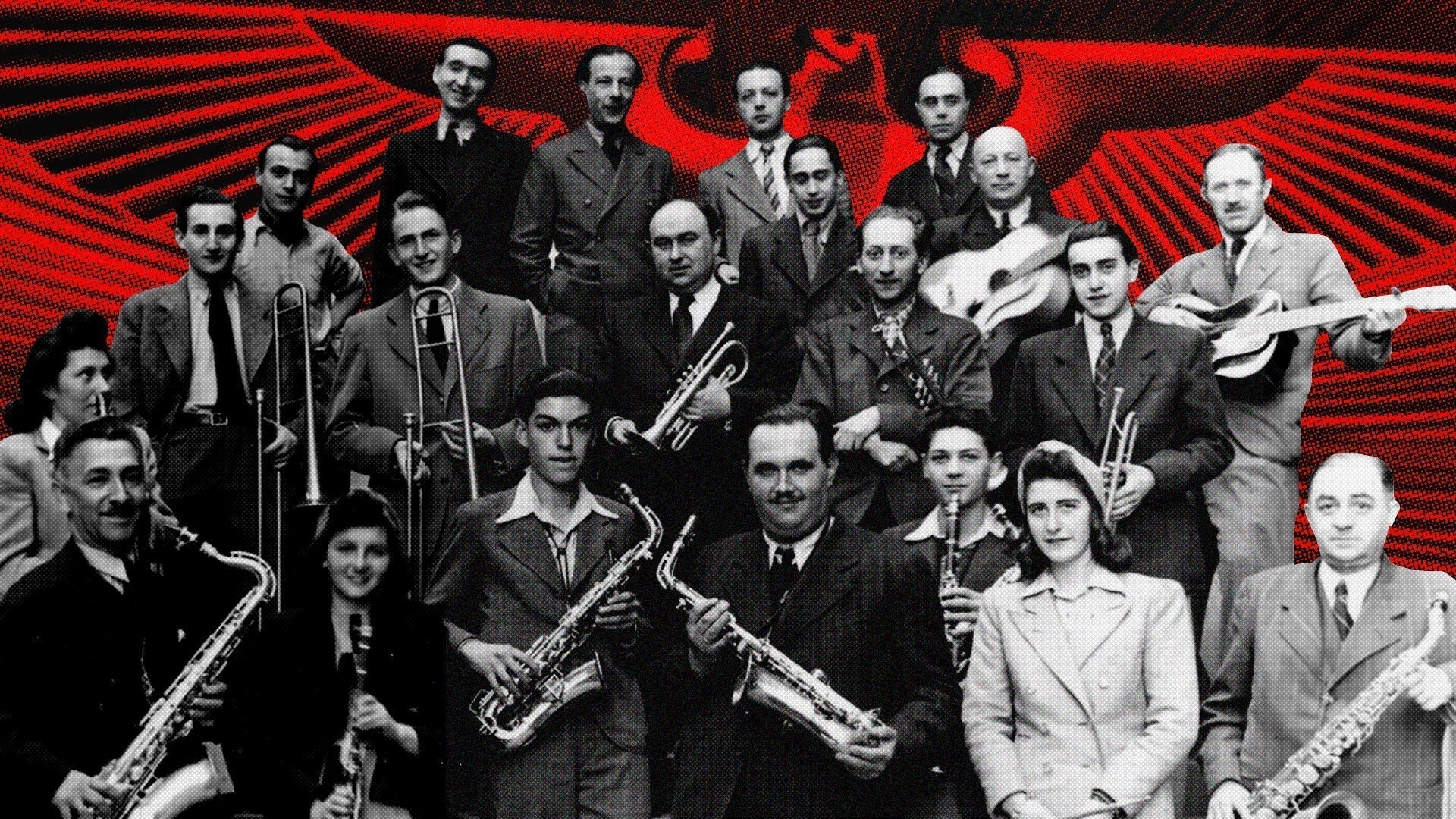How Oppenheimer Will 'Save' Hollywood
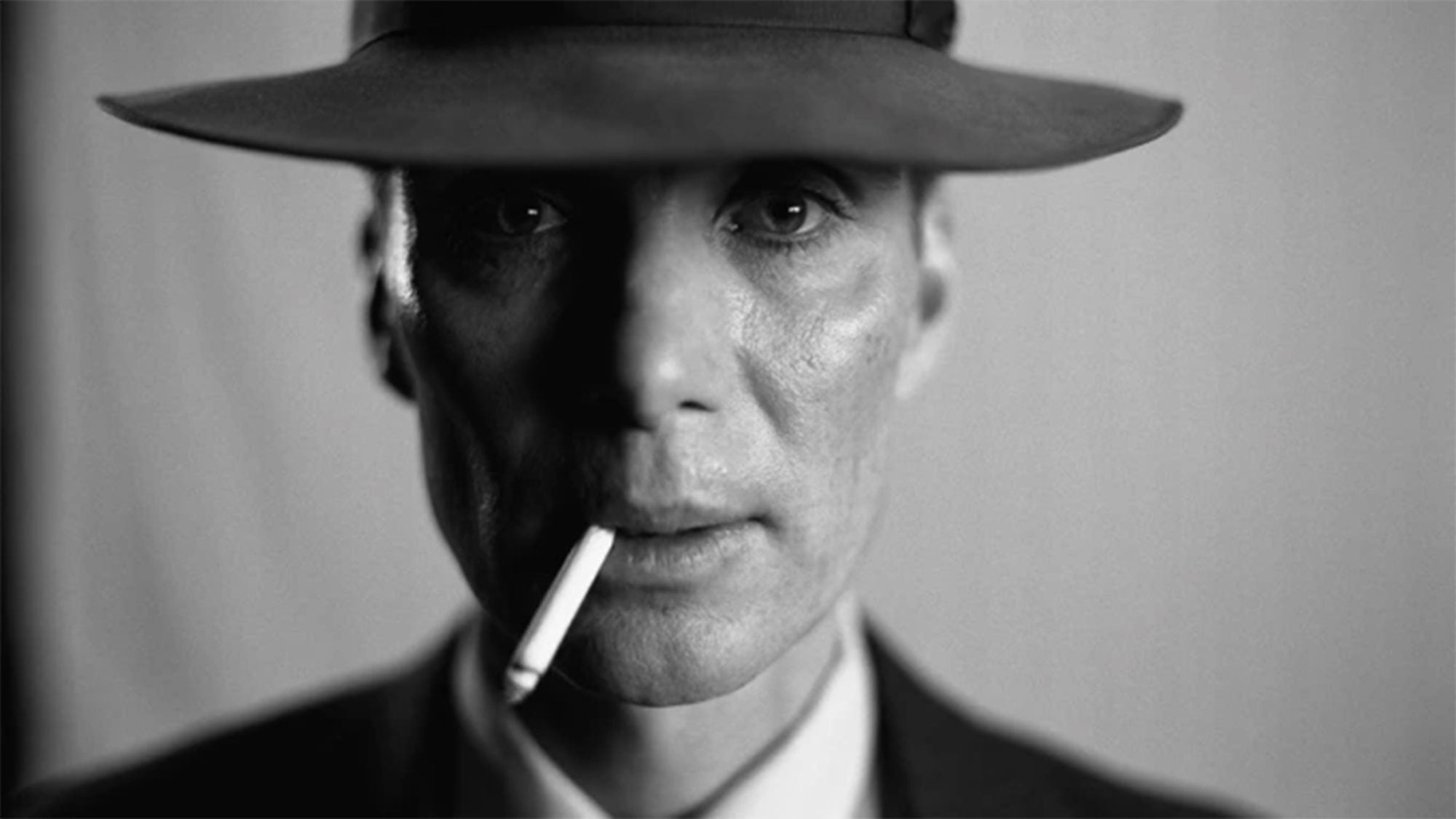
In the late-60s and early-70s, it took around 5 years for a movie to be available on TV after its theatrical release in the United States. But with the rise of OTT and
on-demand streaming, this waiting time has now shortened to just a few days.
Christopher Nolan has signed to a 120-day period for Oppenheimer to be shown
exclusively in theaters under a deal with Universal, allowing the film to run in theaters until November.
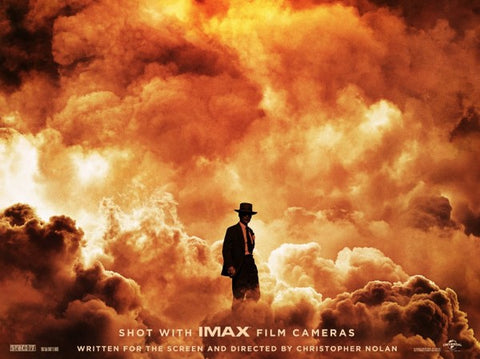
Oppenheimer is Christopher Nolan's first film based on a true story. Not only is this film important for bringing Robert Oppenheimer's life to the audience; but out of the top 100 box-office films for gross revenue, Bohemian Rhapsody and Oppenheimer are the only two movies based on true stories.
If Oppenheimer makes it to the top 10, it would make a strong statement to the studios that mainstream audiences are receptive to real-life stories.
For Christopher Nolan, realism is key. "I don't want to use computer graphics because they tend to be inherently safe. They don't give you that threat of things in the real world. So the crew worked on all methods of doing things." said Nolan.
Nolan also revealed that he recreated Los Alamos in New Mexico, facing extraordinary harsh weather conditions, but refrained from using CGI in the process.
Like "Dunkirk" and "Tenet," "Oppenheimer" was entirely shot on 70mm film. The movie is set to be screened in numerous 'Premium Large Format Screens' or IMAX theaters.
For this movie, they developed a whole new type of film - the first-ever 70mm Black and White film, in order to capture the film in genuine black and white.
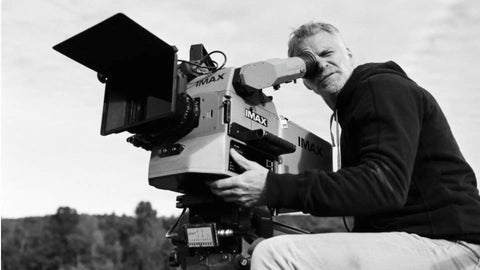
When the studios announced the release dates, 'Barbenheimer' began as a meme; putting up Barbie as a David against Goliath. Gradually, gender stereotypes came into play, and the audience realized it wasn't femininity vs. masculinity but pink pairing up with black.
The Barbenheimer phenomenon significantly boosted box-office revenue, helping to recover from the pandemic and a slow seasonal film season.
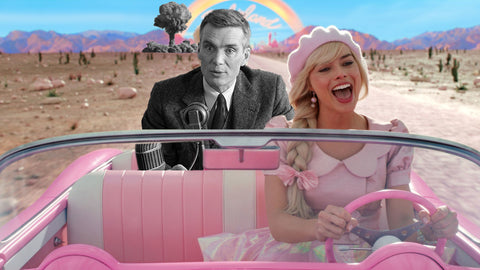
Robert Oppenheimer's contribution to world politics is immeasurable. As "The Father of The Atomic Bomb," his leadership and brilliance not only pushed forward nuclear physics but also nurtured scientific research and education in post-war America.
His relentless efforts for international cooperation and arms control set the
foundation for modern nuclear diplomacy, leaving a lasting impact on the world.
Read more: Chris Nolan's Top 10 Movie Recommendations | The Revolver Club


